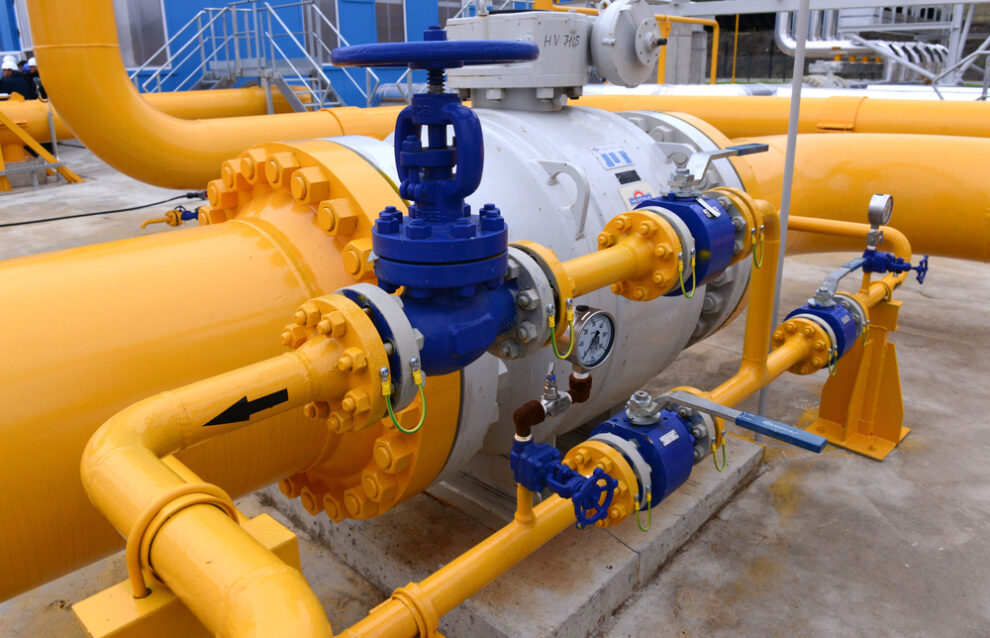Bulgartransgaz has had time since November to collect the sum of €130 million, which corresponds to €10 per MWh, and is waiting to be collected by the customs office.
Bulgaria expected revenue from the new fee to be paid on 14 November, but some Bulgarian energy experts doubt whether the country will receive any money. The problem is that pipeline gas can hardly be certified as Russian because it mixes several different sources.
At the end of October, the European Commission confirmed that Bulgaria will decide independently how to use the revenues from the new fees on the transit of Russian gas.
“The fees imposed by Bulgaria for the transit of Russian gas to Serbia, Hungary and North Macedonia are a national measure, and therefore Bulgaria will decide where the money from them should go,” EU Commission spokesperson Tim McPhie commented at the time.
Bulgaria expects between €1.2-1.5 billion in annual revenue from the new tax, which has angered Hungary and Serbia, which depend on Russian gas transited through the Turkish Stream extension.
Budapest and Belgrade say the Bulgarian gas tax will make gas more expensive by 20%, while Sofia says Gazprom should pay the money.
“So far, the EU has imposed 11 packages of sanctions against Russia. The restrictive energy measures affect oil and coal, but not the import of gas,” the Commission’s spokesperson added.
There has been no reaction from Gazprom so far, and it is not clear whether the Russian company intends to pay. Bulgarian Finance Minister Asen Vassilev has already threatened that if the Russian gas monopoly refuses to pay, its financial collateral from contracts in Bulgaria or assets in the country will be seized. So far, however, there has been no development on this issue.
Meanwhile, President Rumen Radev attacked the introduction of the tax on imported Russian gas before the Constitutional Court.
Source : Euaractive















